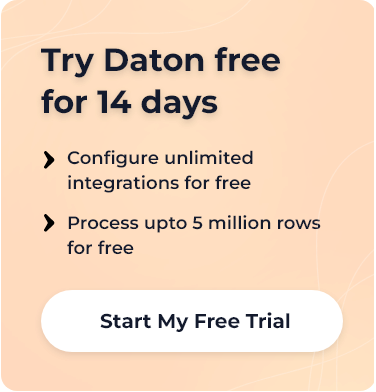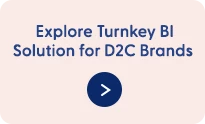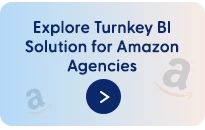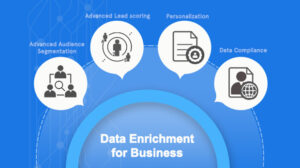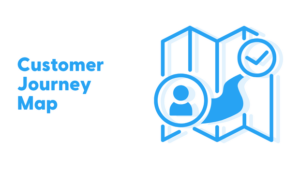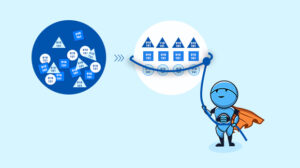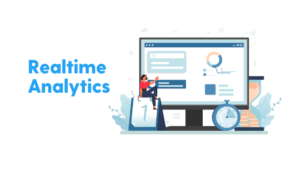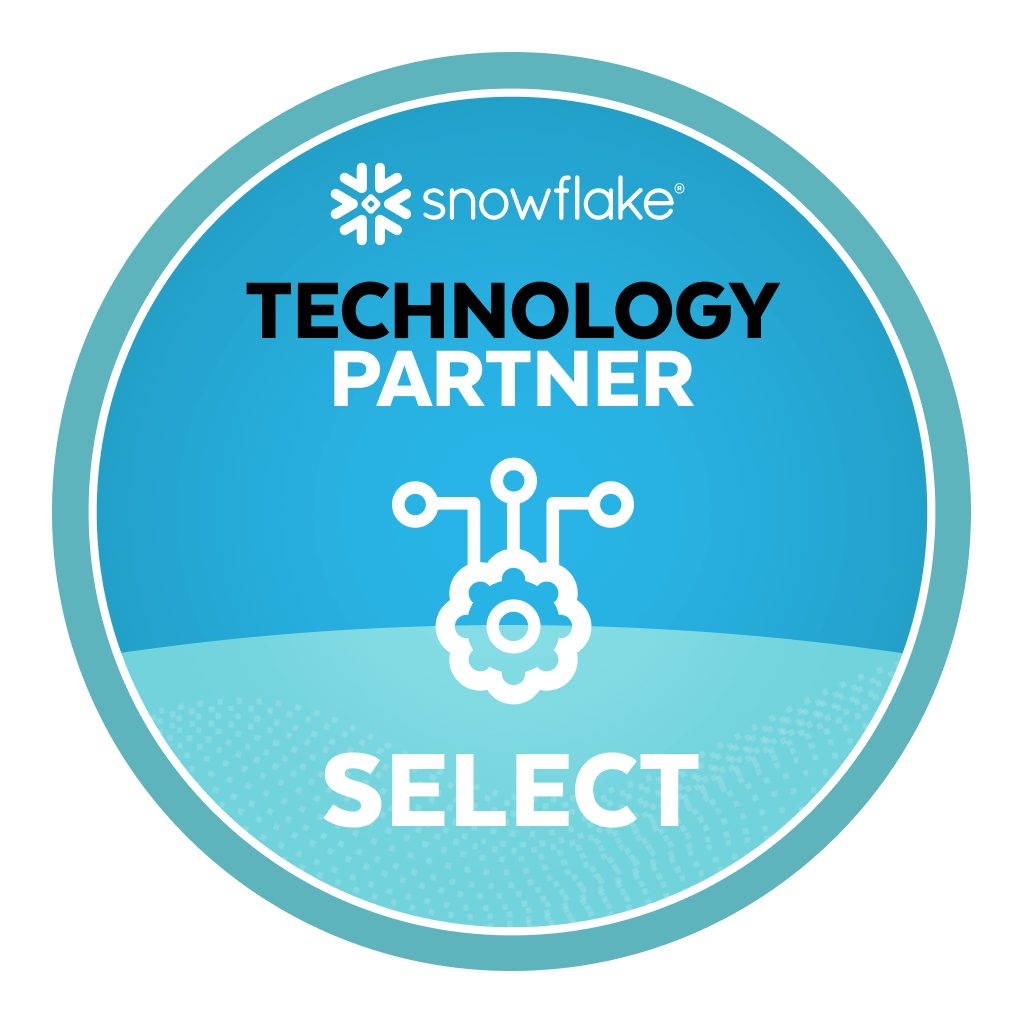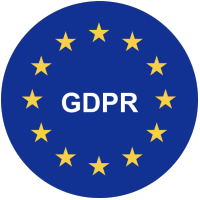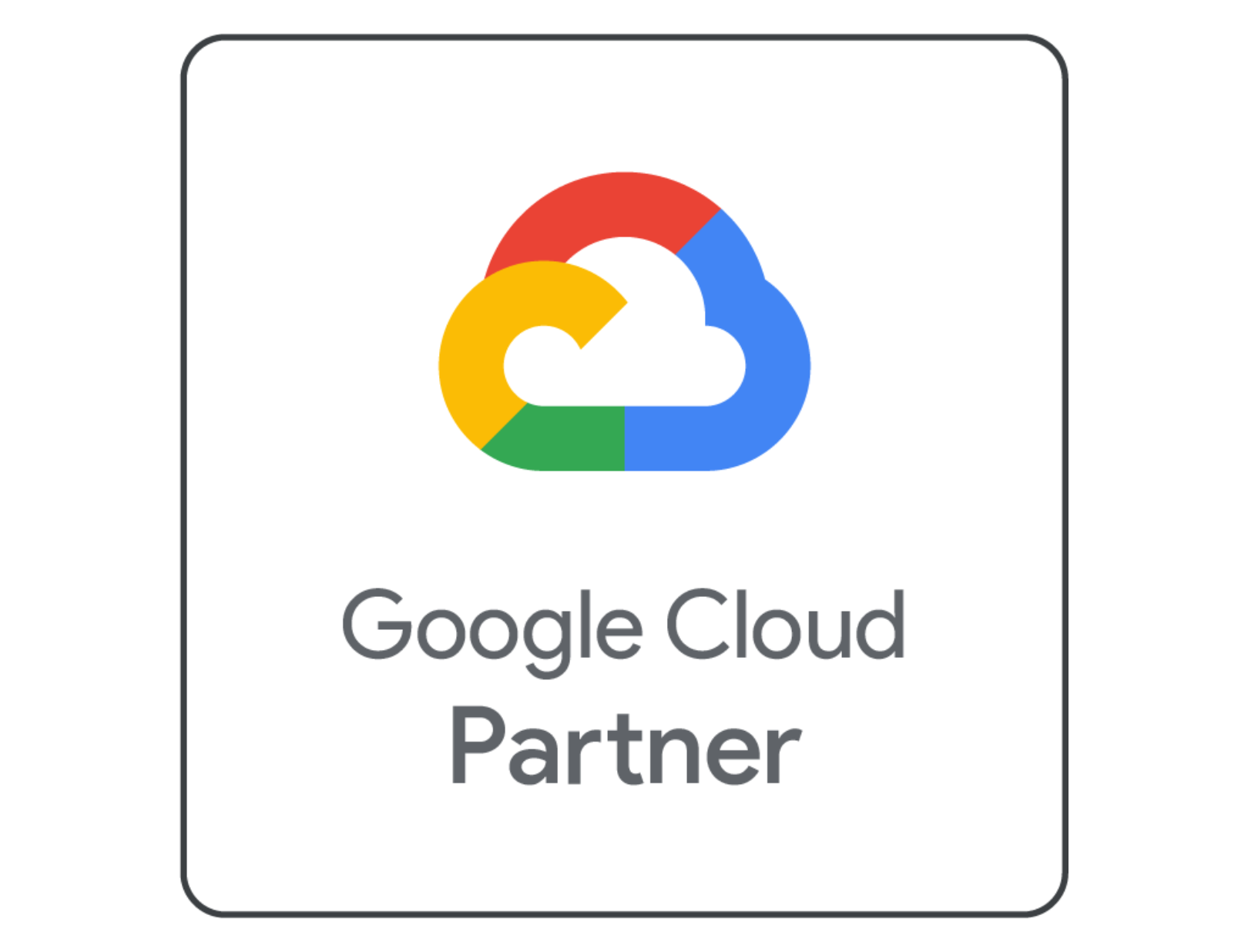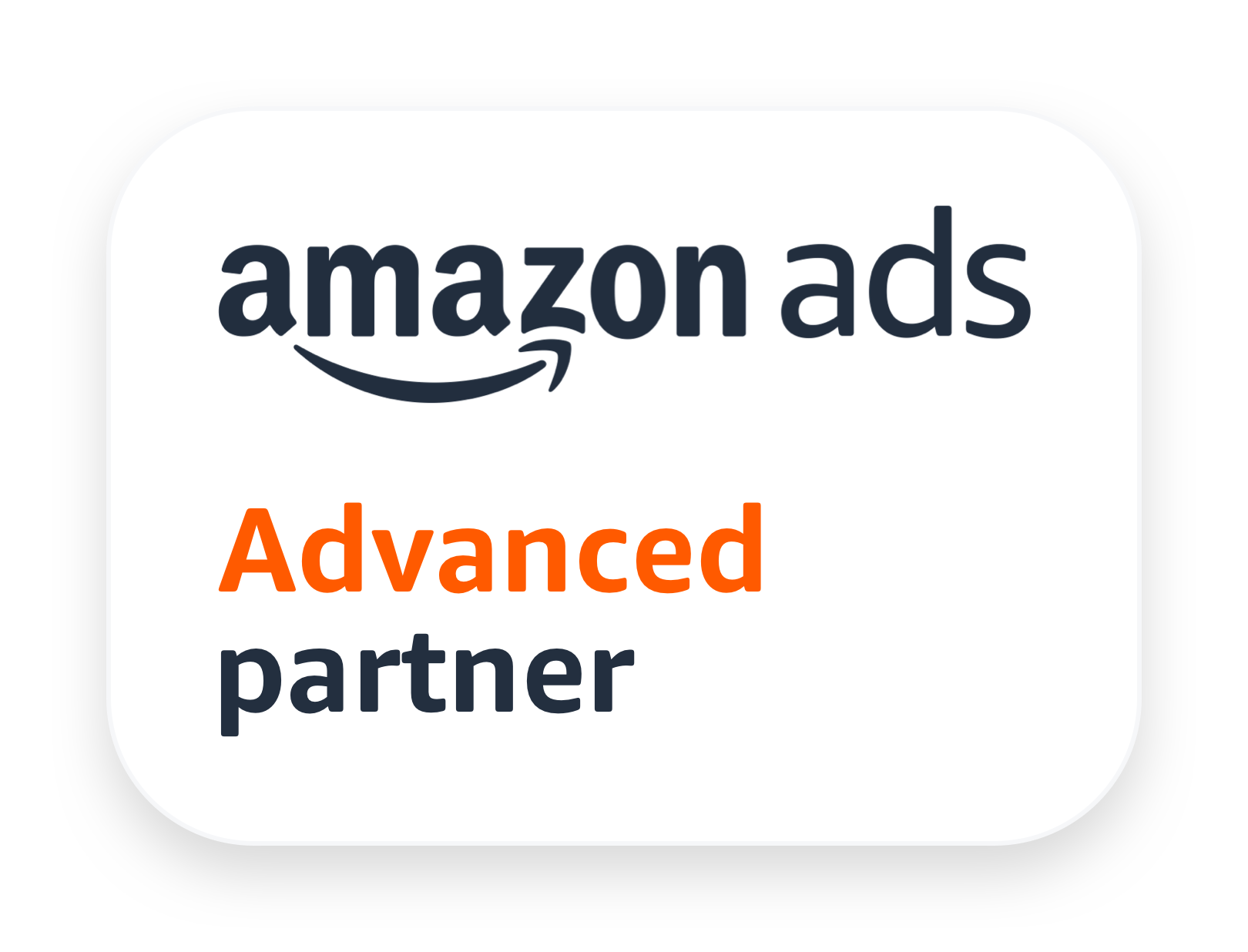Zoho CRM with quite a reasonable pricing but limited features is the right choice for small businesses. Whereas Salesforce offers a CRM platform that is best suited for large companies with a bigger budget and complex business operations. Both the CRM platforms come with a variety of features and often businesses are confused about their choices. Let us now review a detailed comparison of Salesforce vs Zoho CRM for better analysis.
Salesforce vs Zoho CRM: Features
Here is a table containing important features of Salesforce and Zoho CRM:
| Salesforce Features | Zoho CRM Features |
| Lead assignment and routing to the right people. | Lead Generation & Qualification |
| Customers’ social content is used to uncover valuable insights into your customers’ issues. | The social dashboard allows you to focus on the conversations important to your business. |
| You can sync everything from contacts and events to tasks with CRM’s email-tracking software. | Email Analytics will help in your campaigns by analyzing open rates, and learning which templates get the most responses. |
| Integrates with hundreds of third-party tools, including Mailchimp, DocuSign, QuickBooks, SurveyMonkey, RingCentral, HubSpot | Integrates with many popular third-party software tools, such as Mailchimp, UpLeads, Google Ads, RingCentral, and Trello |
| A variety of sales features and customization but difficult to use. | A limited number of features for new users but has an easy-to-use interface. |
Salesforce vs Zoho CRM: Pricing
Both Salesforce and Zoho CRM offer four different Pricing Plans according to your business need:
| Salesforce CRM Price | Zoho CRM Price |
| Essentials at $ 25 per month per user. | Standard ₹720 per month per user. |
| Professional at $ 75 per month per user. | Professional ₹1,200 per month per user. |
| Enterprise $ 150 per month per user. | Enterprise ₹2,100 per month per user. |
| Unlimited $ 300 per month per user. | Ultimate ₹2,300 per month per user. |
Salesforce vs Zoho CRM: Customer Reviews
Salesforce affects a lot of businesses in a positive way across the world, let us see what Salesforce customers have to say:
“Salesforce helps us make the world more open and connected.”
-TIM CAMPOS, CIO, FACEBOOK
“Salesforce is vital to our unending quest to understand our customers.”
-BARRY GILMORE, CIO, L’OREAL
“With Salesforce we can move a lot faster and keep adapting to our customer’s needs. We’ve been able to develop very complex solutions in less than four months and deploy them across multiple geographies in under a year.”
-KEMAL CETIN, VICE PRESIDENT OF IT, COCA-COLA ENTERPRISES
Zoho CRM has satisfied its rich clientele in the following ways:
“Zoho has played an important role in standardizing our program. We now have more than 15,000 sellers using our services.”
– ANAND GOYAL, DIRECTOR, AMAZON INDIA
“Standardizing our sales process makes it so much more sustainable for long-term growth.”
– ROBERT PECK, CVP OF BUSINESS DEVELOPMENT, LOAD DELIVERED
“Without Zoho, tracking and managing customers who visit BookingLive wouldn’t be possible.”
– MATT KING, SALES DIRECTOR, BOOKINGLIVE
How Can You Utilize CRM platforms to their fullest potential?
Let us take an example of an eCommerce company selling in multiple countries using CRM platforms to manage and nurture their leads for conversion optimization. They run ad campaigns on various channels like Google, Facebook, and Email. To sell on platforms like Shopify, Amazon, and eBay, they use several apps. These apps and tools manage and optimize multiple verticals like payment gateways, inventories, logistic channels, and target audiences in each country. Decision-makers want to have an understanding of the areas of improvement and then take steps to optimize processes further. They come across the following challenges :
- To get a complete picture of the business, businesses need to analyze all the data from the various apps and tools that they use. So all of the inventory data, customer feedback, customer behavior data, and payment gateway data need to be appropriately analyzed to develop a consolidated picture of the entire business.
- Separate data silos mean downloading different sheets from all these multiple sources from which detailed reports are created. To make matters worse, most of the sources have separate data silos for each country. The compilation and processing of data from multiple sources for thorough research is a considerable challenge if carried out manually, and the analysis is not very accurate.
- While calculating profits/losses of the overall business, it becomes a nearly impossible task to pull all of these data from multiple platforms for each country separately, and then analyze all of this data together with the expense data and calculate profits. It involves a lot of working hours which drains money. The time lag involved reduces the accuracy of the analysis and its effectiveness as the data is not analyzed in real-time.
- Platforms like Salesforce and Zoho CRM contain data of leads, which need nurturing to get conversions. The lead nurturing is being done through email and remarketing or over the telephone. The CRM is not natively compatible with all apps and tools, so it is not possible to automate these processes based on the lead stage, leading to low conversion rates.
- Again since the users are responding to different ad campaigns on various channels which are not compatible with the CRM. That data is not being reflected in the CRM to accurately allocate lead scores to the leads so that you can set priorities when it comes to lead engagement.
- Since businesses use separate platforms & tools for selling, payments, and logistics, it becomes impossible to track the user’s path through the conversion funnel. As a result, essential insights can help determine when and where the user is bouncing off.
For these reasons, top companies consolidate all of their data from CRM, other apps, and tools into a data warehouse to analyze the data and generate and automate reports at a rapid pace for deeper data insights.
Daton is a modern cloud data pipeline designed to replicate data to a cloud data warehouse with the utmost ease. Daton is the cheapest data pipeline in the market which has built-in support for more than 100 applications, databases, files, cloud storage, analytics, CRM, Customer support, and many others. Analysts can replicate data from any source to any destination (BigQuery, Snowflake, Redshift), without writing a single line of code and in a matter of minutes.

